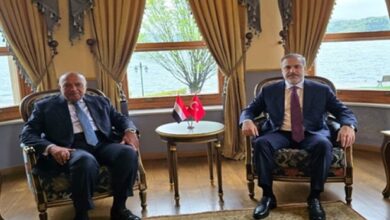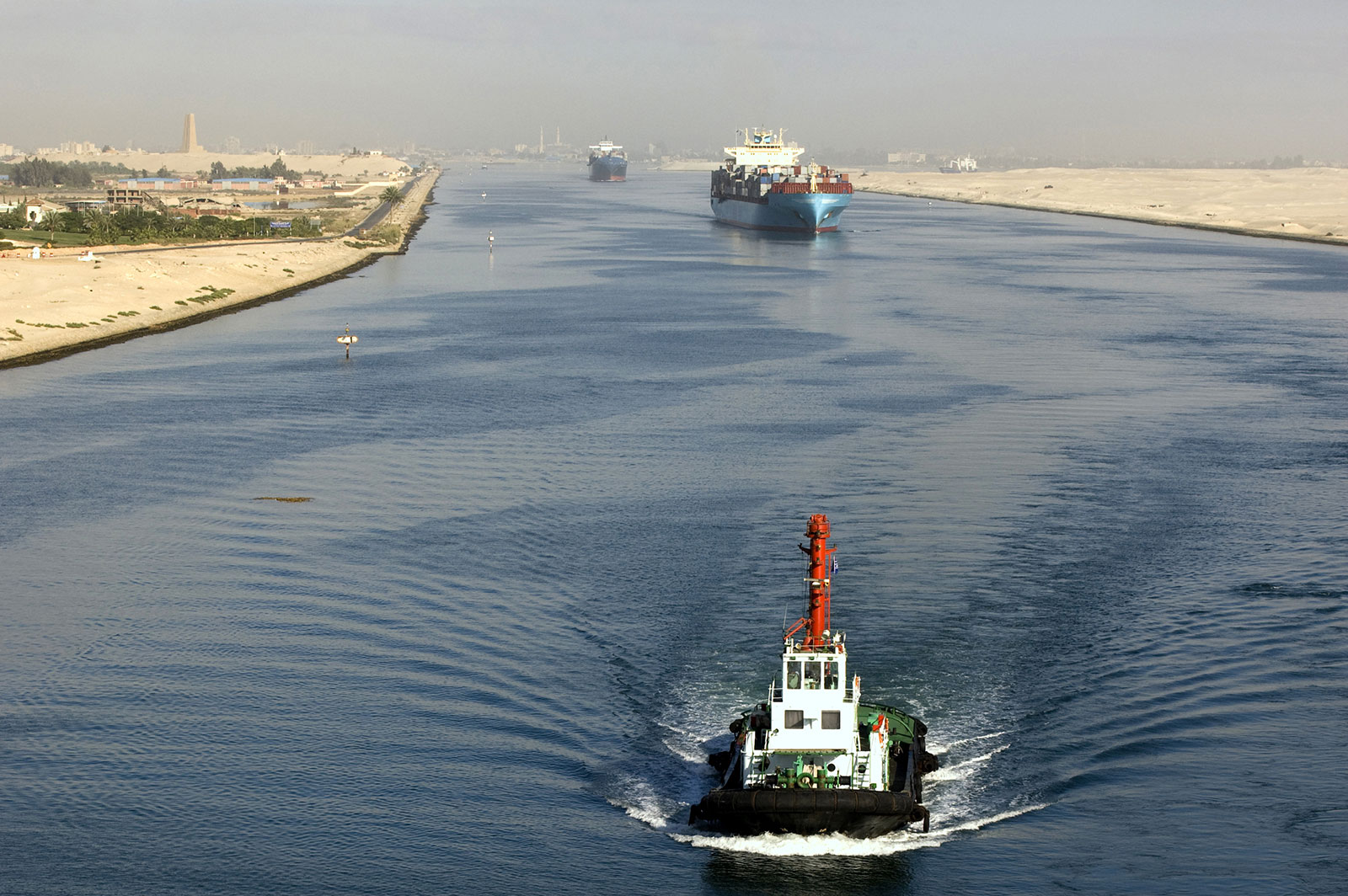Istanbul – The last time Turks voted in a general election in 2007, opponents feared the socially conservative ruling party was turning Turkey into an Iran-style Islamic state.
With voters on Sunday expected to keep Prime Minister Tayyip Erdogan's AK Party in office for a third straight term, critics and some analysts now worry that the future course of democracy may also be at stake.
A rising power with a vibrant, free economy and a US ally that aspires to join the European Union, Turkey is held up as an example of marrying Islam and democracy and has been an oasis of stability in a region convulsed by "Arab Spring" uprisings.
AK has also overseen the most stable and prosperous period of Turkey's history with market-friendly reforms, and begun membership talks with the EU while opening new markets in Asia, the Middle East and Africa.
With the economy notching up impressive growth rates, investors have been sanguine about Turkey's politics so long as there is no return to the cycle of coups and economic crises that plagued the country in the latter half of the 20th century.
The chances of another coup – there have been three since 1960 while a fourth government was forced to resign in 1997 – appear remote given that AK has clipped the army's powers.
But Turkey's economy is overheating, driven by a booming consumer demand, and some economists believe it is seriously vulnerable to imbalances.
Erdogan, whose party controls the government and parliament and who last year won a referendum to overhaul the judiciary, says if he wins by a big enough margin this time and achieves a "super majority," he will rewrite Turkey's constitution.
Many fear such a move will polarize society and distract the government from pursuing the needed structural reforms.
"HIDDEN AGENDA" GAINS LESS TRACTION
Scaremongering suggesting the AK has some hidden Islamist agenda is gaining less traction these days.
"If we did have a hidden agenda this would be the best kept secret on earth because people have seen us in action for the past nine years," Egemen Bagis, Turkey's minister for European affairs, told Reuters at a marina built for the new rich on the outskirts of Istanbul.
In disarray since AK first swept traditional parties from power in 2002, the secularist Republican People's Party (CHP) opposition has changed tactics. It talks less of an Islamist takeover and more on the dangers of Erdogan subverting democracy by gaining control of all levers of the state.
The CHP's new leader Kemal Kilicdaroglu accuses Erdogan of intolerance and of leading a "wiretapping government" to keep political rivals in check, and has criticized AK for a widening wealth gap despite years of record growth and low inflation.
Critics raise their voices over the high number of journalists in jail under AK – Erdogan once sued a cartoonist who characterized him as a cat – and say that if AK wins a two-thirds majority Turkey will head toward autocracy.
"The elections in 2007 were an ideological contest between secularists and conservatives," said Sinan Ulgen, from the Istanbul-based Center for Economics and Foreign Policy Studies.
"There has been an evolution in Turkish society and in the opposition of what secularism means and that has allowed the debate to move forward, but it doesn't mean the ideological schism is over," Ulgen said.
NEIGHBORHOOD PRESSURE
In this country of 74 million, the perennial question of Islam versus secularism is never far from the surface.
Following the collapse of the theocratic Ottoman Empire in World War I, the founder of the republic, Kemal Ataturk, pushed radical secular reforms including banishing religion from government, criminalizing the use of the fez and changing the alphabet from the Arabic to the Latin script.
Turks boast that women in Turkey were allowed to vote before the French thanks to Ataturk, though they remain woefully under-represented in parliament by European standards.
But in just nine years under the AK party, religious Turks who were the underdogs of society under previous secular governments have come into their own across the country and displaced the secular, Westernized elite from power.
Generals, the self-proclaimed guardians of secularism, are now confined to barracks; the wives of Erdogan and President Abdullah Gul assertively wear headscarves; government receptions where raki and whiskey are not served no longer make headlines.
Some Turks say "neighborhood pressure" – showing piety in dress or fasting during Ramadan – gets you government jobs and contracts. Some say
the call to prayer from mosques is louder under AK and surveys show more women wear headscarves.
The government has made alcoholic drinks more expensive while trying to introduce tougher laws on sale and consumption, particularly to discourage young drinkers.
Education, in a country of 75 million with an average age of 28, is a big issue. Teachers complain that more pious colleagues are being favored for jobs at state schools.
"I am scoring high in the teachers' exam, but imams get the appointments," Ebru, a 26-year-old teacher in Izmir, told Reuters as she drew anxiously on a cigarette.
The debate is over whether this anecdotal evidence is proof of that the AK represents an Islamist Trojan Horse or merely shows of greater openness and plurality in a society where conservatism has always been the dominant trait.
"Headscarves are more visible because of the urbanization and the emergence of a conservative middle class occupying new spaces, but it's clear AK is pushing a more conservative social agenda that restricts lifestyle choices," said Fadi Hakura, from the London-based Chatham House think tank.
Accusations that the police is filled with supporters of an Islamist movement led by Fethullah Gulen, a Muslim preacher who re-based to Pennsylvania for fear of a crackdown at home in the late 1990s, appear particularly sensitive.
Three months ago a well-known journalist, Ahmet Sik, was put in detention for writing a book that repeated the allegations. Police sought to destroy copies of the unpublished book, but Turks can still find it through the Internet.
Tens of thousands protested in Istanbul in May against Internet censorship and plans for a new filtering system, due to be introduced on 22 August, under which users must sign up for one of four filters – domestic, family, children and standard.
Turkey has previously banned access to various websites, including YouTube for more than two years, under court orders imposed for infringing decency laws.
Erdogan, a devout Muslim who does not drink or smoke, denies his party is imposing any lifestyle choices.
"I may have established a position in my own word, my own family, against alcohol. We are a conservative democratic party. Our personal position on some issues is clear but imposing our personal approach on the whole of society is repression," he said in a recent interview.
Yet many still do not believe him. AK evolved from banned Islamist parties and Erdogan served a brief jail sentence for Islamist agitation.
"The way I dress has unconsciously become more conservative. Even when I go to the most modern neighborhoods of Istanbul I have to think twice before wearing miniskirts or shorts because I'm afraid of being harassed," said a woman in her 30s as she shopped in a posh mall on the European side of Istanbul.
"I think another four years under AK government would do serious or maybe even irreversible harm to secularism."




